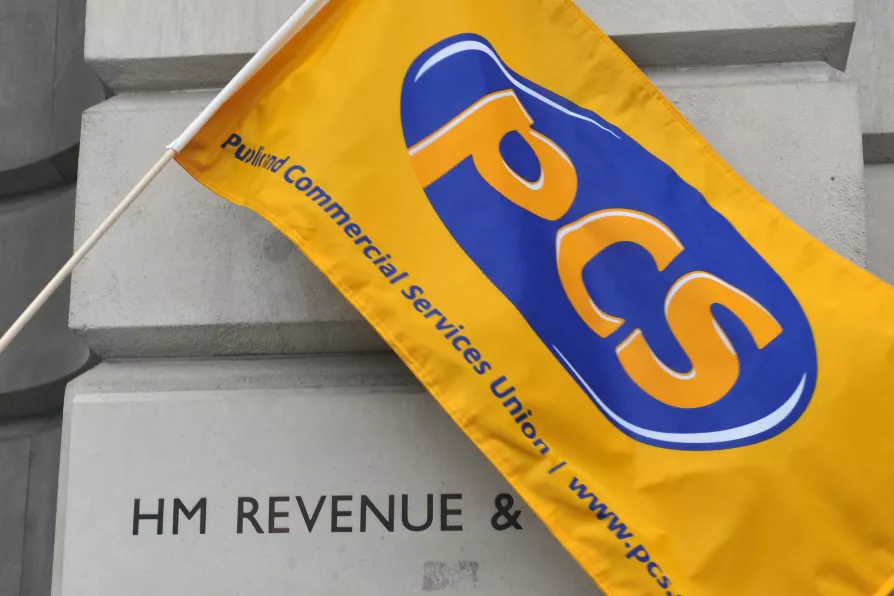Data on regional deprivation in England shows us an unequal society, but what to do about it remains unanswered argue ROX MIDDLETON, LIAM SHAW and MIRIAM GAUNTLETT


THIS week PCS members at the Driving Vehicle Licensing Agency in Swansea took strike action for four days in response to management’s refusal to take their health and safety concerns seriously.
During the first Covid-19 lockdown, management adopted a cautious approach, ensuring attendance at the huge site that employs thousands of workers was kept to a minimum.
But by mid-2020, management — no doubt under departmental pressure from Transport Minister Grant Shapps — had bought into the Tory government’s mantra that everything would soon be back to normal and a rapid escalation of returning staff to the workplace began.

In the current climate, it is vital to bust the myths and put forward the case for a humane and decent social security system that supports people, argues FRAN HEATHCOTE

Since 2023, Strike Map has evolved from digital mapping at a national level to organising ‘mega pickets’ — we believe that mass solidarity with localised disputes prepares the ground for future national action, writes HENRY FOWLER












